

The WPI Department of Chemistry & Biochemistry (CBC) offers an interdisciplinary culture, a focus on practical problem solving, and a close one-on-one mentorship from world-class faculty that put students at the center of groundbreaking research impacting human health, society, and environment.
Our programs balance rigorous theory with practical applications, equipping students with the hands-on experience and innovative mindset that prepares them to solve real-world problems with ease. Students collaborate with faculty members and industry professionals in state-of- the-art facilities like our Life Sciences and Bioengineering Center, a thriving research and business complex that promotes interdisciplinary research
Fax: 508-831-5933 Degree is also offered online.| Area of Study | Bachelor | Minor | Certificate | Master | PhD |
|---|---|---|---|---|---|
| Biochemistry | bachelor | minor | master | phd | |
| Chemistry | bachelor | minor | master | phd |

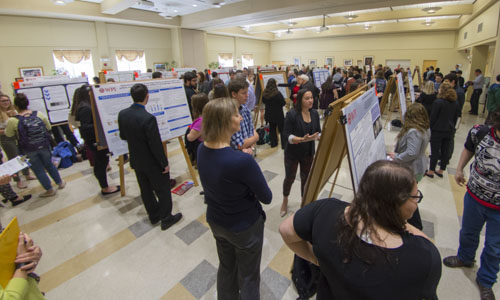



A celebration of research, design, and creative theses—a requirement of every graduating senior through the Major Qualifying Project (MQP)—takes place each spring on campus. Student teams representing all academic departments present their work to their faculty advisors, external sponsors, and the community-at-large, and the public is invited.
In his busy lab, José Argüello, professor of chemistry and biochemistry, is studying the biochemical ballet by which cells transport metal micronutrients, such as copper, zinc, cobalt, and iron, across their membranes and to the sites where they play fundamental roles.
Toxic proteins are at the root of many diseases, so pharmaceutical companies look for compounds called ligands that will bind tightly to these proteins and deactivate them. George Kaminski, assistant professor of chemistry and biochemistry, has developed powerful new computational tools that will make the search faster and more precise.
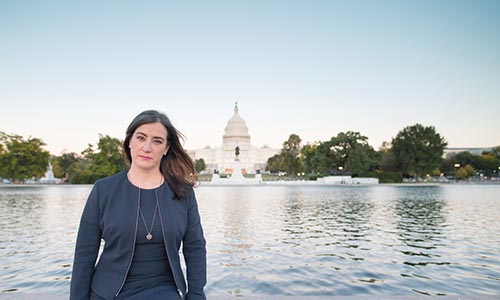
Marni Hall, an authority on real-world evidence who double majored in chemistry and science, technology, and policy studies during her time at WPI, is helping the nation—and the world—respond to COVID-19.
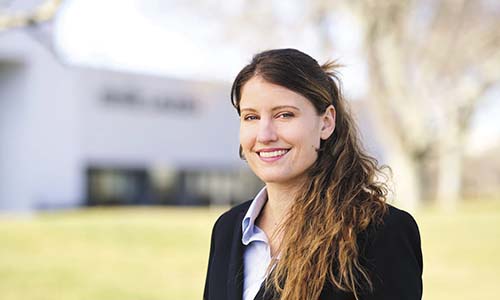
For Hilary Stinnett Adragna, a biochemistry major, the road to her post at The Estée Lauder Companies has been anything but linear. And that has made all the difference.

This student team won first place in the President's IQP Awards for their project highlighting fracking's impact on women in Albania

Researchers seek solutions for a source of 40 percent of carbon emissions worldwide—human-made infrastructure.
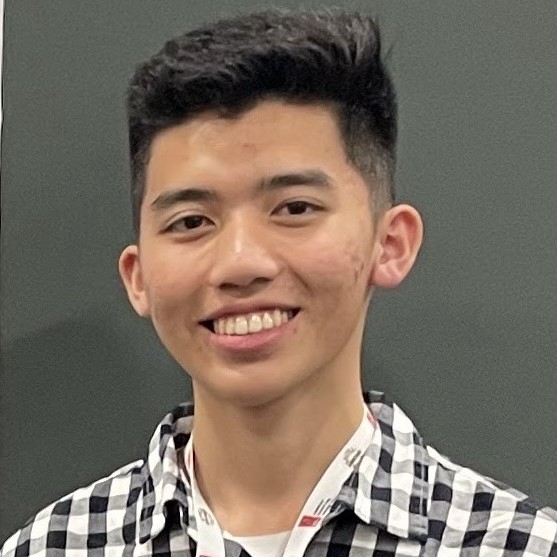
Pre-med student, Jackson, discovers ways he can find his community on campus and prepare for a career in the health sciences. [. ]
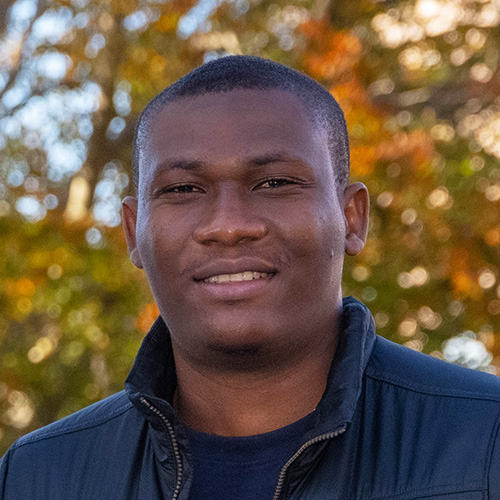
Mark’s passion for science and research in his PhD program is enriched by his involvement in the WPI community. [. ]

The American Chemical Society (ACS) has accredited the Chemistry & Biochemistry department for a major in chemistry. The American Society for Biochemistry and Molecular Biology (ASBMB) has accredited the Chemistry & Biochemistry department for a major in biochemistry.
Today’s fast-paced research requires chemists and biochemists who can hit the ground running. With their emphasis on hands-on learning and practical applications, WPI’s Chemistry & Biochemistry programs prepare students to transition seamlessly to meet such real-world challenges. Our graduates can be found everywhere, from Fortune 500 companies to start-ups and academia.
DesignNews reported on how using emerging technologies, including augmented reality, virtual reality, artificial intelligence, and digital twins, can improve training for the workforce of the future. Robert Dempski, professor in the Department of Chemistry and Biochemistry, a member of the Interactive Media and Game Development program, and managing director of the Intentional Design Studio, discussed the demonstrated advantages of training tools he and his students are developing for laboratory safety and tool assembly.
Science DailyScience Daily covered the continued collaboration between Professor Suzanne Scarlata and Associate Professor Nima Rahbar to develop their Enzymatic Construction Material – a sustainable, low-cost replacement for concrete that can also heal itself. Scarlata and Rahbar recently received a nearly $700,000 grant from the National Science Foundation to refine the material, explore its ability to repair cracks in glass, and create educational programs for girls in Worcester and Nigeria.
BBC Earth featured the self-healing concrete developed by Associate Professor Nima Rahbar and Professor Suzanne Scarlata in an episode about climate-friendly ways to heat residential homes. The self-healing concrete uses an enzyme found in red blood cells to heal itself, thereby filling cracks before they cause larger structural issues.
Industry Dive spoke with Civil, Environmental & Architectural Engineering Associate Professor Nima Rahbar and Chemistry & Biochemistry Professor Suzanne Scarlata about their work to create an enzymatic construction material, which could be a sustainable alternative to concrete. The material removes carbon dioxide from the air during its formation and self-healing process.
1:00 pm, 06 Sep to 1:00 pm, 08 Oct - Stratton Hall
WPI community members are welcome to attend any of these presentations all A-Term long!1:00 pm to 1:00 pm
This is part of the AI in the Molecular Life Sciences speaker series hosted by Professor Robert Dempski
1:00 pm to 1:00 pm - Stratton Hall
This presentation is part of the AI in the Molecular Life Sciences speaker series hosted by Professor Robert Dempski

Suzanne Scarlata, the inaugural Richard T. Whitcomb Professor of Biochemistry, is president of the Biophysical Society, with over 9,000 global members. Her goals in the new role include efforts to establish a more stable U.S. research funding system, spreading the word about the biochemical and physical science realm of WPI, and forging more community collaborations with groups like UMass Medical School.